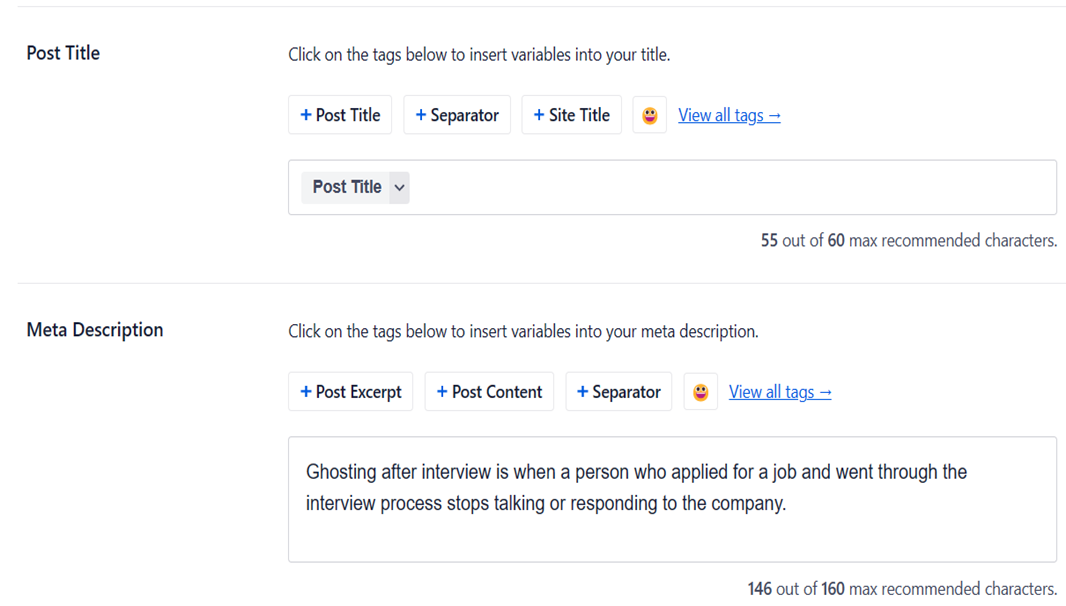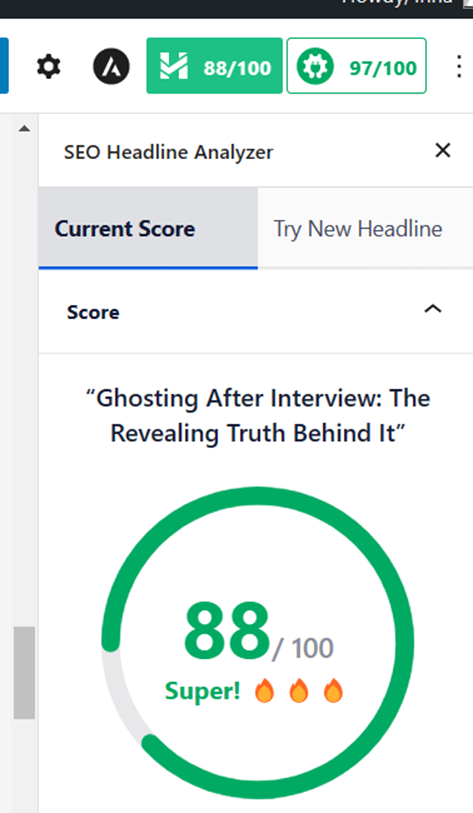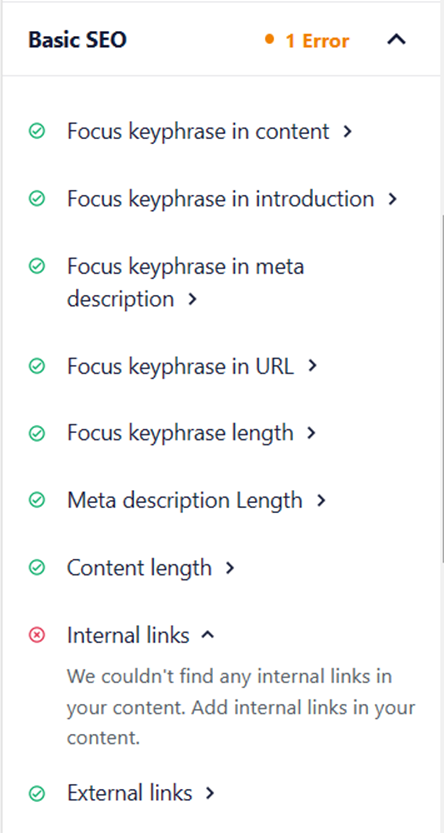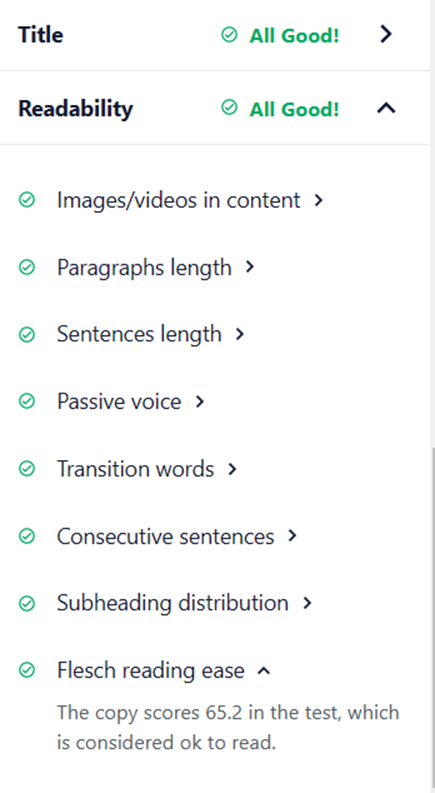Ghosting After Interview: The Revealing Truth Behind It

Ghosting After Interview: The Revealing Truth Behind It
Ghosting after interview is when a person who applied for a job and went through the interview process
stops talking or responding to the company that wants to hire them. It can happen when the person doesn't
respond to emails or phone calls or doesn't show up for job offers. It can be frustrating for the company
because they have spent time and effort trying to hire the person.
Why is Ghosting on the Rise?
It's becoming more common now because of technology. With the internet and smartphones, it's easy for
people to apply for jobs and talk to employers. But it's also easy for people to stop talking to each other
without giving a reason. Some people think it's unimportant to tell the employer they don't want the job
anymore.
5 Reasons Why Do Job Candidates Ghost Employers
Recruiters Taking Too Long to Make an Offer
When a person goes to an interview and is waiting to hear back about a job offer, it can be
frustrating if it takes a long time. It's like playing a game of hide and seek, where you want to know
if the company is still looking for you or if they have stopped. It can be challenging if you don't
see why it's taking so long to hear back. Understandably, someone might want to stop waiting and
withdraw from the process.
On the other hand, they might apply to many companies when looking for a job. If they get an
offer from a company, they like better than the other offers received, they might only want to take
that job. They don't have to wait to hear back from the other companies, and they can start working
at the new job right away. With this, the candidate may not find a need to withdraw the application
from the said companies formally.
Further, the hiring process can be frustrating for them when it is complicated. It can make them
feel like they are not valued or that the company is not interested in hiring them. They might lose
interest in the job opportunity or drop the process.
Poor communication can also cause candidate ghosting after
interview.
It happens when people don't talk clearly, and it's hard to understand what's happening. Job seekers
want to know as much as possible about the position, and the company should be able to explain
it clearly. If the company doesn't give clear updates or answer questions timely, it can be unclear
for the job candidate. They might lose interest in the job and stop talking to the company without
telling them why.
2. Unaligned Compensation or Benefit Expectations.
If a candidate receives a job offer and feels like the salary, benefits, or other compensation is unfair,
they may decide not to take the job. Instead of telling their potential employer why they don't want
to take the job, they might stop responding to their offers and not take the job. Others think this is
the best way to decline the proposal, which is not being too direct.
Another reason for ghosting is when there are no flexible working options. A flexible working
option means that the person can choose when and where they want to work. They can work from
home, have a flexible schedule, and take time off when needed. I the company does not offer this
option, the candidate chooses another job that does.
3. Employers were Rude or Misleading
How a company treats a person trying to get a job can affect whether they want to work there. If
the person feels like the company was dishonest, deceptive, and rude, they might not want to work
there. They may choose to "ghost" if they find another opportunity.
The candidate may be upset and disappointed when the hiring manager lies about the job. They
will not trust the employer or the hiring manager. They will not attend the appointment or return
calls or emails.
The same is true if a candidate learns about a company's working environment and culture during
the hiring process. These maybe different from how the public perceives them. It can also be very
disappointing and frustrating for the candidate. It will result in a lack of trust in the employer. If
they believe that the culture is not a good fit for them, they may discreetly decline the job offer.
They will not negotiate the terms of the job with the employer.
4. Change in Personal Circumstances can also result to
ghosting after interview.
Sometimes, people who are looking for a job have to stop looking for a job because something
important happened in their life. For example, they might have a new baby, or something terrible
happened to someone in their family. These things can make them not want to work because they
need to take care of their family. In the same way, people might need to stop looking for a position
to take care of something important in their life.
When a candidate withdraws from the hiring process, it could be because they have decided to
shift to a new field. It means that they have realized that the current area they are working in or
applying for is not a good fit for them, and they want to explore other options. They may have
interests, skills, or goals that align better with a different field or industry and have decided to
pursue a career in that area instead.
Change in Work Location.
In addition, a change in work location, such as moving from a traditional office to remote work,
can be a significant factor for candidates when deciding whether to accept a job offer. Some people
like to work in an office with other people around them, while others like to work from home.
Some people want the structure of working in an office, while others like the freedom of working
from home.
When looking at a job offer, people may also think about whether they will start their own business
instead. Some people have always wanted to have their own business and may see this as a chance
to do it. They may not want to work for someone else anymore.
Returning to school to pursue further education or training in a new field can be a significant factor
also for a job seeker to decide whether to accept a job offer. Some candidates may have always
wanted to pursue a career in a different field or expand their knowledge in a specific area. Working
for an employer will not interest them anymore.
5. Change in Professional Circumstances
Change in professional circumstances means that something has changed in a person's work
situation. It could be getting a new job offer, a promotion, earning more bonuses, or something
else happening at their current job. These changes can make a person want to take a new
opportunity. These changes can cause a candidate to prioritize the chance over the one they were
considering, and they may choose to withdraw from the hiring process without explanation.
Conclusion
Both job seekers and employers may be adversely affected by ghosting after an interview. As job
seekers may have put a lot of time and effort into the application process, ghosting will disappoint
them. Ghosting can also prevent job candidates from knowing why hiring managers reject them,
depriving them of the necessary improvements for future job opportunities.







